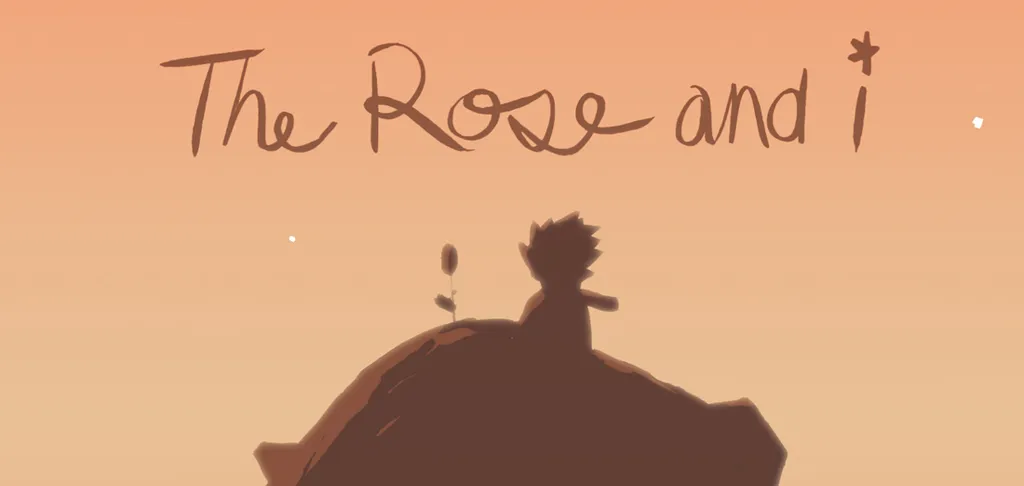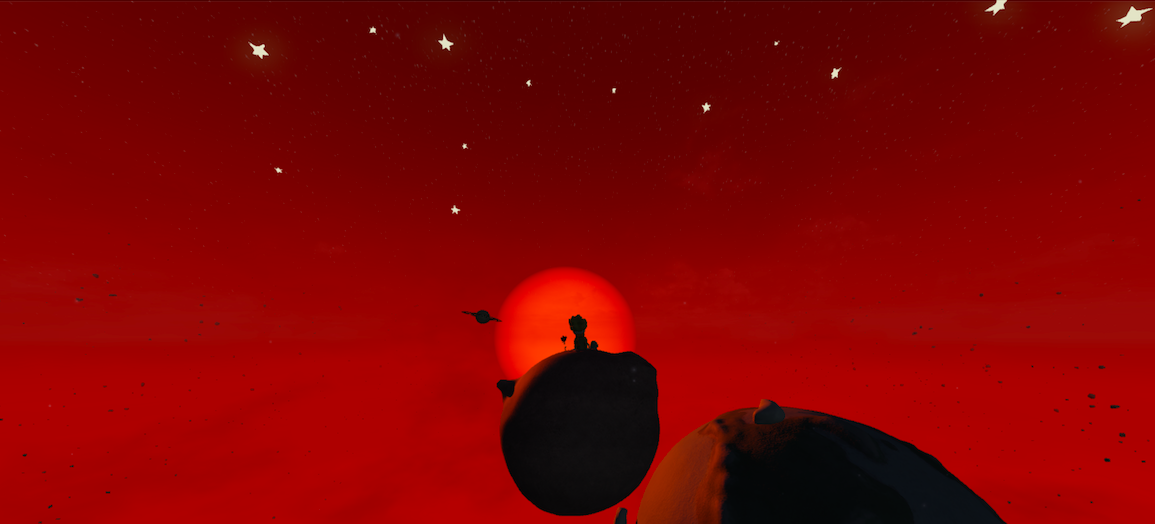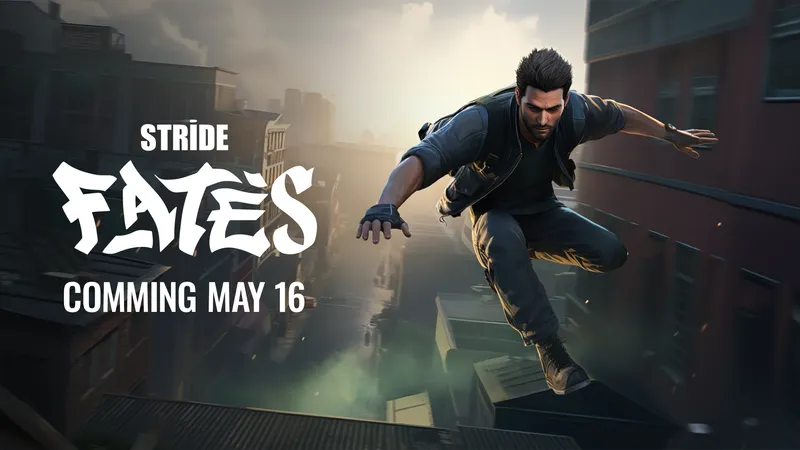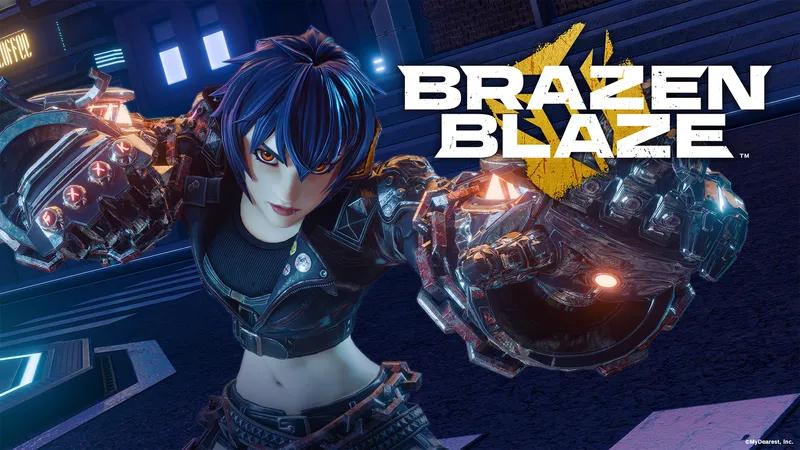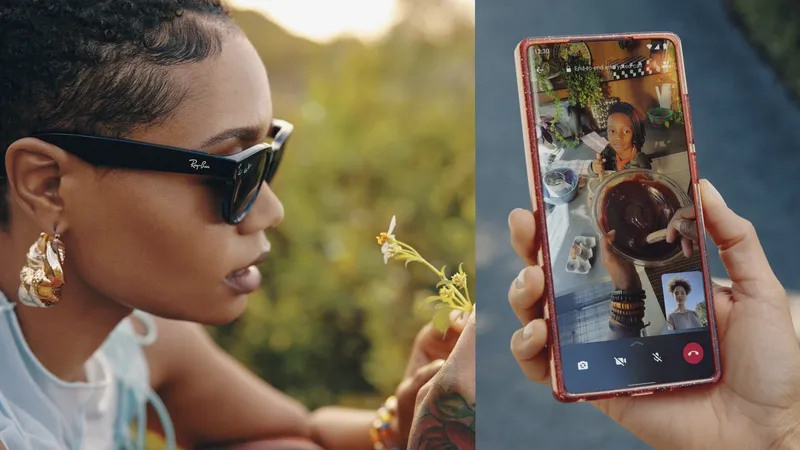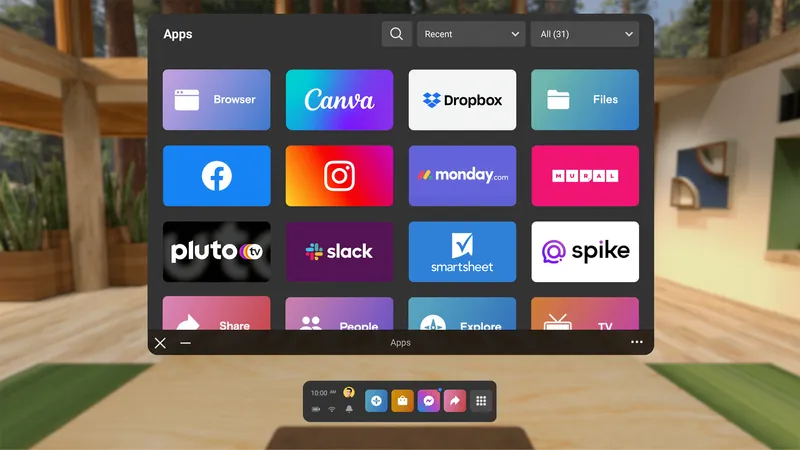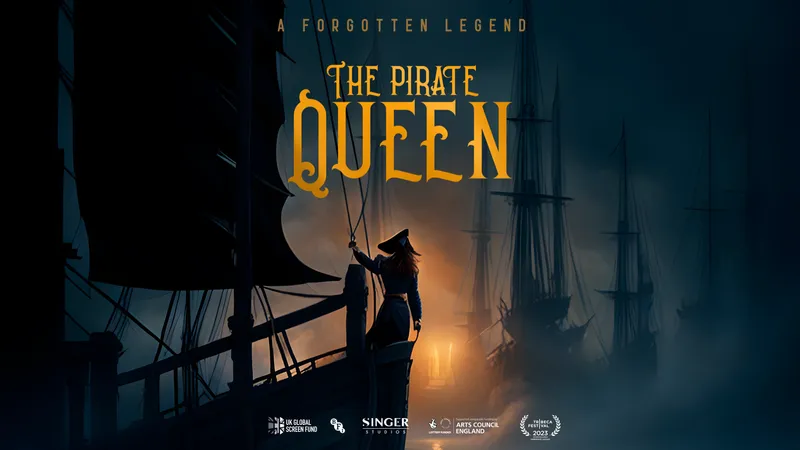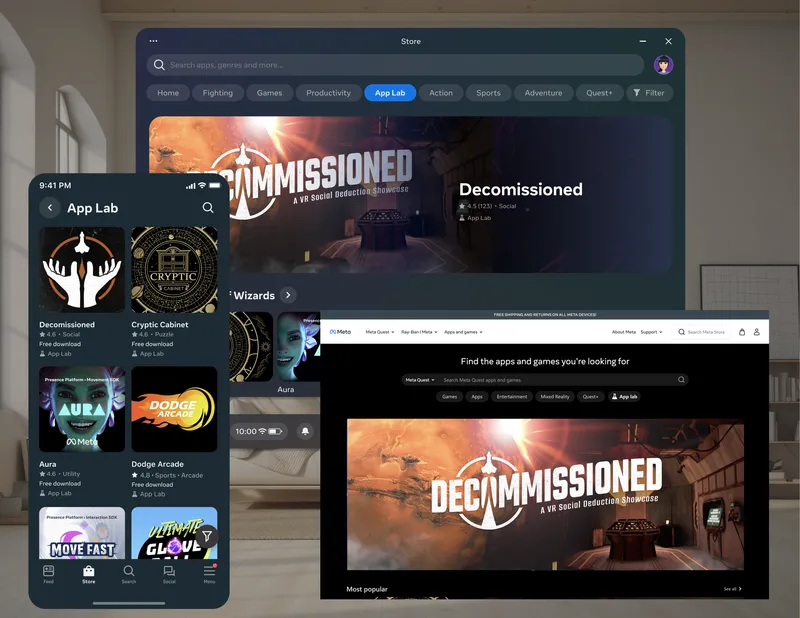
Just a few years ago Eugene Chung was investing in cat videos at a Venture Capital firm and making a big return, but there was another passion that was calling his attention – movies and film. Surveying the film landscape he came to a realization – nothing had really changed in years. “I really am a fan of the old films from the French new wave period,” says Chung, “things like technicolor and computer animation have transformed the medium but they haven’t fully changed the medium in the same way that cinema changed the stage play or the opera.” And then he saw a little company called Oculus.
Inspired, Chung tried to get his Venture Capital Firm to invest in the company but was shot down for a litany of VC-y reasons that at the time made some sense. But Chung was not deterred, he set out to start his own VR content company – and so he reached out to Brendan Iribe, Oculus’ CEO, who invited him to come check out the famed Valve room demo at Oculus. “I was totally floored,” he says, “I remember taking off the headset and saying ‘Brendan this is going to change the world.'” Iribe offered him a position on the spot. Chung was installed as the head of film and media at Oculus, where he built up a team that he would eventually turn into Oculus Story Studio.
I had a chance to try the studio’s first VR short film, Lost, at Oculus’ Story Studio release party and it was an experience I will never forget – but it was only the beginning. About a year after the acquisition by Facebook, Chung decided that it was time to move on and start his own company. “Partly it was the ability to pursue my own vision,” he says, “and the other was starting my own company, which was something I have always wanted to do.”
And so Penrose Studios was born with the mission to create “an independent place where creatives, hackers and storytellers can come together and create a completely new medium, whether that’s augmented reality, virtual reality or some mixed reality.”
Last week, Penrose Studios released in limited quantities a “developer’s cut” of their first short film, The Rose and I – a quiet homage to the classical French tale Le Petite Prince which I had a chance to try. In short, it was incredible.
The experience places the viewer in the middle of a solar system with a brownish moon at the center of the scene, a few steps away from the viewer. Behind it sits an Earth-like planet that helps to provide an excellent sense of depth. At the scale and position that it is set, you are able to walk around (about 180-degrees or so, probably more on a Crescent Bay/CV1 with full 360-degree tracking) the moon, where all the action takes place.
The story itself is fairly simple, we are introduced to our main character, who looks at this stage a lot like the main character in The Little Prince, when he pops out of one of the craters on the moon. Walking along the surface, the planet rotates slightly with him leading to the crescendo – where he meets his friend, the Rose. What happens next is an adorable exchange that I will spare you the spoilers on.
When the DK2 was first released we were still in the ‘Oculus Rift is a seated experience’ stage of VR – in the months since we have learned to stand and walk in VR and it has fundamentally changed the experience. Chung had plenty of experience experimenting with the limits of the DK2’s tracking abilities during his time at Oculus and he has used that experience to create what is the best standing experience in VR I have tried outside of a Crescent Bay or Vive.
The experience comes with some fairly specific setup instructions, you need to be standing about 54″ away from the positional camera – which should be propped up to about eye level. This allows for you to be in the widest field of view of the camera possible, giving you a lot of space to move around in. In fact – it was so much room that I was able to really walk around a bit (a few steps) at the scale it was set to. As I stepped up to the planet in front of me and moved around it I was reminded of an almost Vive-lite experience. The use of scale was incredibly impressive – and how you viewed the experience definitely helped to effect the meaning. Whether you view the experience from ground level or from a high perspective – you feel like you have a part to play in the film. The freedom of movement that was afforded to the user was a big part of the enjoyment factor for me.
The animation is incredibly crisp, with a textured cartoonish style that almost gives the characters a sense that they jumped right out of the page and into 3D, with ample nuanced details that gave reason to watch the film over and over again. At the scale the film is set, this plays extremely well – and provides a sense of wonderment that enchants the viewer into a state of Presence.
The Rose and I’s sound design was also a major factor in creating an experience that felt naturally immersive. Chung says the team used “real sounds to try and be naturalistic and humanize this technology.” For example, the main character’s footprints were recorded by tapping along a clay pot – and then reinforced by creating a planet that had a clay like feel to it. That sound plus that visual really helps to draw the user into the experience fully.
All in all, it was an incredibly impressive experience that had me coming back over and over again. I ran through the experience at least four times before handing the headset over. Each time I went through I found a new reason to love it. It was utterly simple, but sometimes simplicity is beautiful.
The Rose and I is only the first experience of “many” the team is working on at Penrose. While they are not ready to reveal more, Chung did mention his excitement regarding the ability to “work with many different headsets,” and potentially teased shared experiences – like the updated version of his film Lost which has a shared component to it. Shared experiences “are going to be huge,” says Chung, “we have always loved sharing stories with people.”
Penrose Studio’s first film is an incredibly promising look at what is to come for VR filmmaking. Chung described the experience as “a culmination of all the mistakes [he has] made so far;” I can’t wait to see what mistakes he and his team make next.

